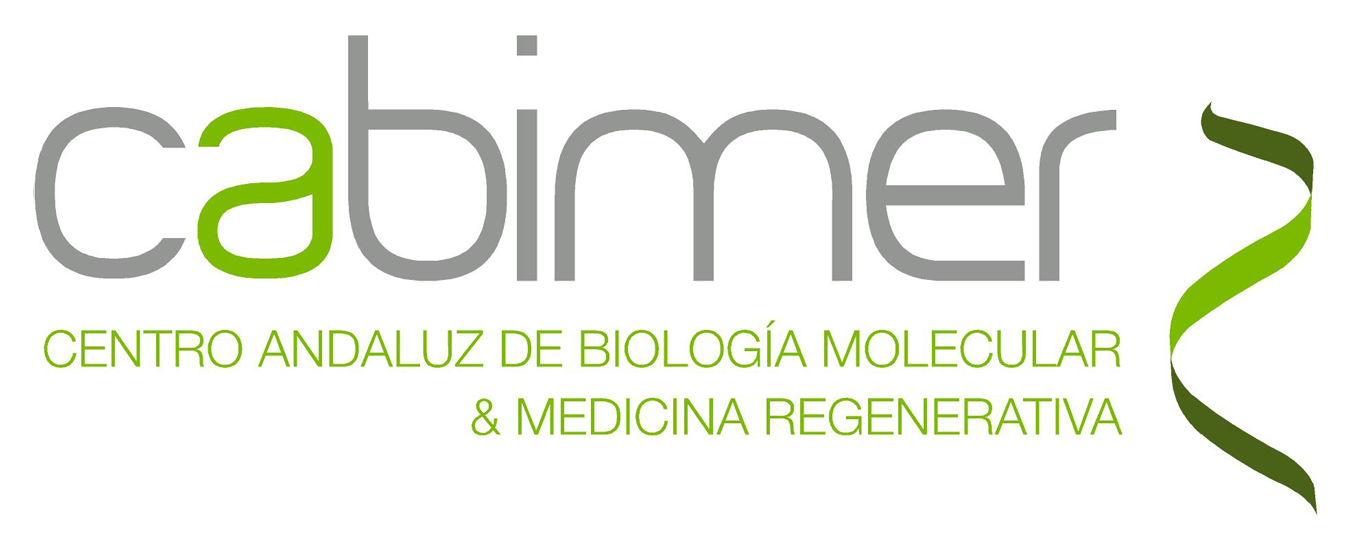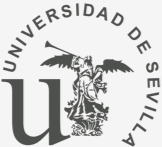Computational Epigenomics and Cell Identity
Overview
How can one genome encode for so many different cell types and functions? All cells of a multicellular organism (like us humans) share the same genome, but there are as many epigenomes as cell types. In our group, our goal is to understand how the epigenomic encoding allows to derive so many cell identities from a single genome, and how new cell identities arise in cancer and immune-mediated diseases.
For this, we integrate Big Bio-data, develop new computational biology approaches and interpretative models. We thrive working as part of bigger multidisciplinary teams, aiming for synergistic interactions with experimental biologists, physicists or clinicians that lead to ideas and discoveries that are not possible to achieve in isolation.
Research grants awarded:
- Newcastle University Research Fellowship. ‘The influence of sex and genome variation in the epigenomes and gene regulatory programs of immune cells’.
- Wellcome Trust Seed Award in Science, ‘Sex-dependent gene regulation in immune cells’.
- Newcastle upon Tyne Hospitals NHS Charity. ´Discovering essential regions of immunoglobulin super-enhancers: key somatic drivers of B-cell leukaemia´.
- Children’s Cancer and Leukaemia Group. ´Identifying critical interactions between super-enhancers and proto-oncogenes: driver events in T-cell acute lymphoblastic leukaemia´.
- JGW Patterson Foundation. ´Epigenomic translocations: a mechanism of oncogene deregulation in T-cell acute lymphoblastic leukaemia´.
- EPSRC Doctoral Training Programme (DTP) project. ´Development of statistical methods to evaluate the functional impact of non-coding genetic variants.
- MRC DiMeN DTP project. ´Genomic translocations, super-enhancer hijacking and oncogene activation: from mechanism to therapy´.
- Barbour Foundation Doctoral Training project. ´Are microbes the hidden influencers? Unravelling the genomic network of host-microbe interactions´.
- Barbour Foundation Doctoral Training project. ´Epigenetic regulation of chromosome structure during mitosis´.
Selected publications:
- Harris RJ, et al. Release of Histone H3K4-reading transcription factors from chromosomes in mitosis is independent of adjacent H3 phosphorylation. Nature Communications (2023).
- Kent D, Marchetti L, et al. Broad H3K4me3 domains: Maintaining cellular identity and their implication in super‐enhancer hijacking. BioEssays (2023).
- Heer M, Giudice L, et al. Esearch3D: propagating gene expression in chromatin networks to illuminate active enhancers. Nucleic Acids Research (2023).
- Mikulasova A, et al. Epigenomic translocation of H3K4me3 broad domains over oncogenes following hijacking of super-enhancers. Genome Research (2022).
- Rico D, et al. High-resolution simulations of chromatin folding at genomic rearrangements in malignant B cells provide mechanistic insights into proto-oncogene deregulation. Genome Research (2022).
- Belhocine M, et al. Dynamics of broad H3K4me3 domains uncover an epigenetic switch between cell identity and cancer-related genes. Genome Research (2022).
- Rigau M, et al. Intronic CNVs and gene expression variation in human populations. PLOS Genetics (2019).
- Carrillo-de-Santa-Pau E, Juan D, et al. Automatic identification of informative regions with epigenomic changes associated to hematopoiesis. Nucleic Acids Research (2017).
- Pancaldi V, et al. Integrating epigenomic data and 3D genomic structure with a new measure of chromatin assortativity. Genome Biology (2016).
The complete and updated list of publications can be found at: https://orcid.org/0000-0002-6561-2310








